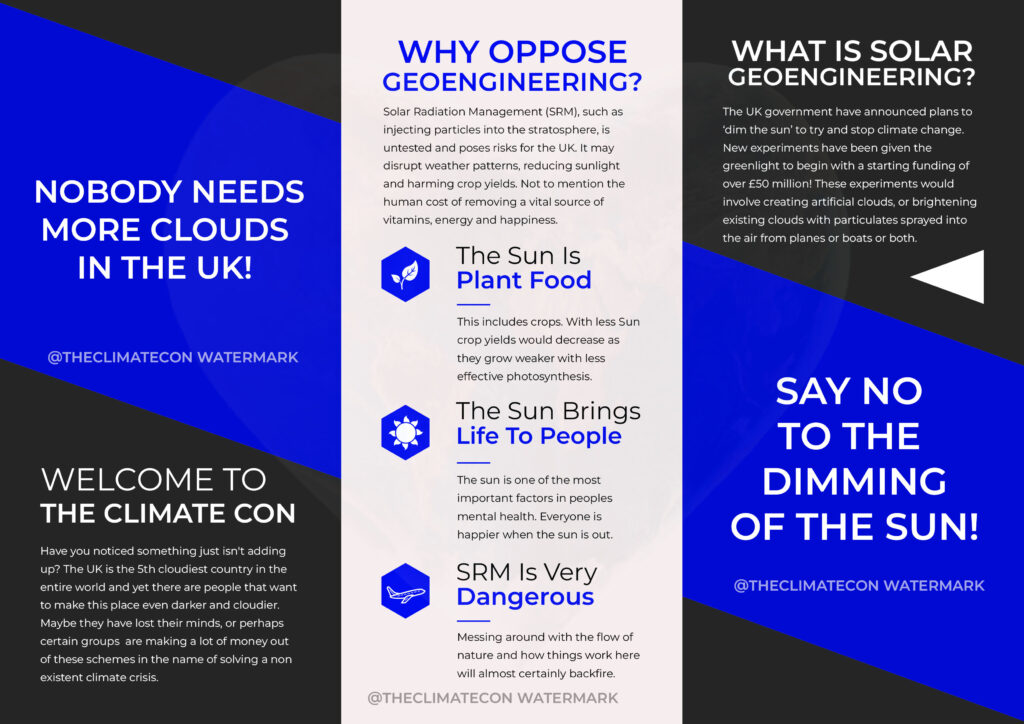Hydrocarbons are great but the UK has limited supply (Unless Abiogenesis is a thing). Wind turbines suck and we don’t want more solar panels on farmland so perhaps the UK gaining energy independence lies in SMR technology.
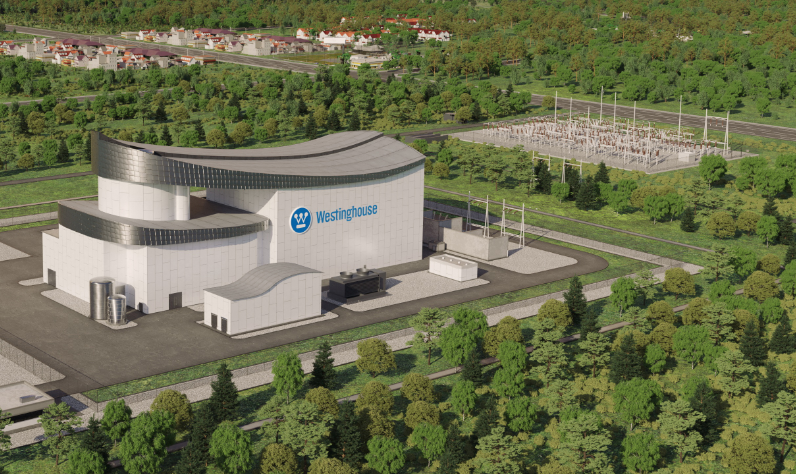
The UK’s Energy Challenge
The UK’s energy landscape is under strain. Our North Sea oil and gas fields, once abundant, are depleting, and while some speculate oil might be renewable, we can’t bank on that theory yet. Importing gas from Norway, Qatar, or elsewhere leaves us vulnerable to global price shocks and geopolitical tensions. Meanwhile, the mainstream climate narrative—rife with hysteria—pushes wind and solar as the only path to salvation. But these renewables come with serious flaws, especially for a nation valuing its landscapes, wildlife, and food security. We are seeing the cracks appear in the madness of the climate cult pushing solar and wind at all costs. See the destruction for yourself here in this first hand report and take a look at how these Norfolk residents are looking at the prospects of forced home selling in the name of more solar panels a social cost that’s anything but sustainable.
What Are Small Modular Reactors?
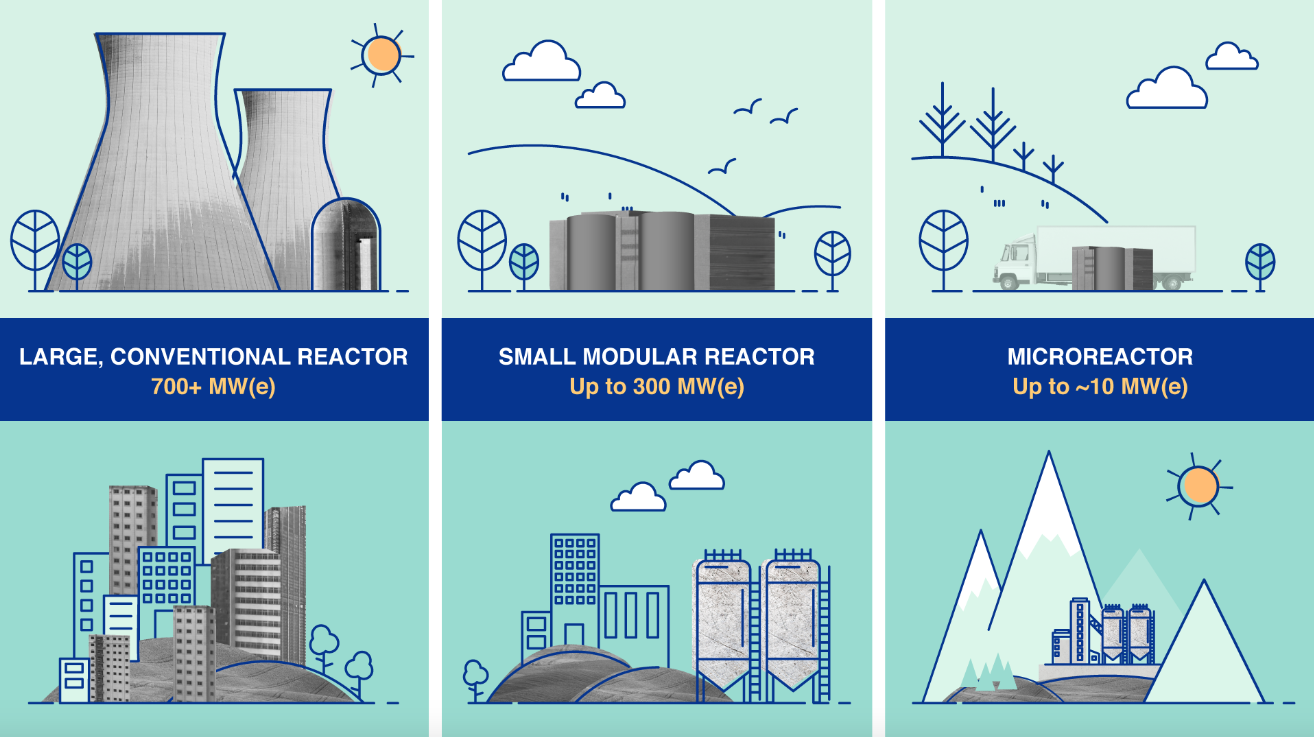
Recent UK Developments in SMRs
The UK is betting big on SMRs to secure its energy future. In June 2025, Rolls-Royce SMR was selected as the preferred bidder to develop the UK’s first SMR fleet, with contracts expected by year-end. Their 470 MWe PWR design, enough to power three million homes, is in the Generic Design Assessment (GDA) process, aiming for approval by 2029, with first units operational by the mid-2030s. The government’s Civil Nuclear Roadmap to 2050 targets 24 GW of nuclear capacity, quadrupling today’s 6 GW, with SMRs as a cornerstone. Great British Energy – Nuclear is driving the program, with site selection due by late 2025.
Why SMRs Are a Game-Changer
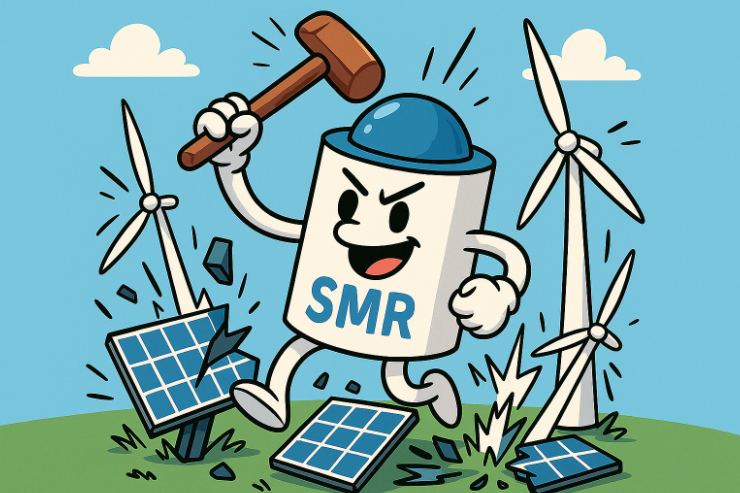
SMRs offer compelling advantages for the UK, especially when viewed through a lens skeptical of climate alarmism and critical of renewables’ downsides. CO2 is the gas of life and we want more of it but this doesn’t mean we have to rely on hydrocarbons forever, even if they have largely been responsible for a massive upliftment of living standards since the industrial revolution.
Energy Independence: SMRs provide a domestic energy source, freeing the UK from imported gas. With HALEU production planned, we’ll control our fuel supply, unlike wind turbines or solar panels, which rely on foreign metals and batteries. This self-reliance shields us from global energy crises, a critical need given our limited hydrocarbons.
Reliable Power: Unlike wind turbines, idle on calm days, or solar panels, useless at night, SMRs deliver 24/7 baseload power. They’re a lifeline during harsh British winters, ensuring the grid stays stable without leaning on fossil fuel backups. This reliability trumps renewables’ weather dependence, making SMRs a pragmatic choice.
Minimal Environmental Impact: SMRs need just 10% of a large reactor’s footprint, sparing farmland and scenic landscapes. They don’t kill birds or require vast mining operations like wind turbines. While nuclear waste is a concern, SMRs produce less than large reactors, and the UK has managed storage safely for decades, unlike the ecological devastation from renewable infrastructure.
Maybe We Will Finally See Cheaper Energy Prices?
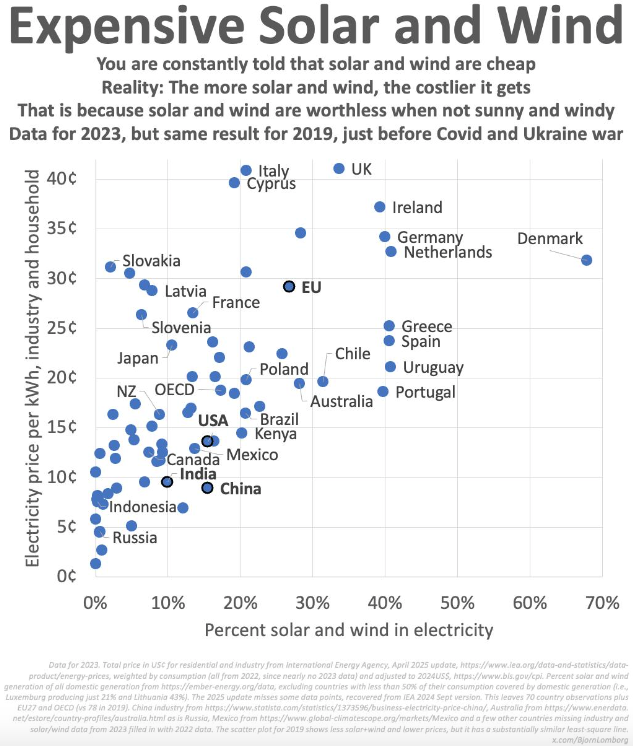
All of the awesome benefits of SMRs are kinda ruined if in the end we don’t see a reduction in our energy prices. We have only seen the cost of energy and all of our bills go one way and that is up only so a change in that direction would be most welcomed and we can step down from being the world leader in energy prices and start enjoying the benefits of being a well developed country. The UK should have one of if not the highest living standards in all of the world. We have the brain power, we have the money, we have the will, now all it takes is the government getting out of the way and allowing the UK to prosper.
The Beginners Guide To The Climate Con
Stop Solar Geoengineering - The New Leaflet
Continue Your Learning

Climate Working Group Disbanded
Our enemies cannot handle a debate because the truth is too powerful. Instead, they do everything possible to silence opposition.
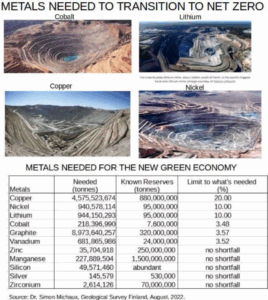
Net Zero Is Mathematically Impossible
Not only does net zero fail a logic test, it fails a maths test even more significantly. Numbers and facts don’t lie, no matter how loud the climate cult cry.
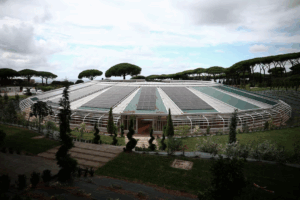
A Ridiculous Foray into Eco-Fantasy: The Vatican’s “Borgo Laudato Si” A New Climate Cult Centre
For some reason the pope is joining the ranks of the climate cult and is opening a new eco centre to supposedly inspire others to join the climate cult.

Net Zero Banking Alliance Defeated
The net zero banking alliance all but admits defeat as they pause operations and their future hangs in the balance of a members vote.

The Climate Is Always Changing And That’s A Good Thing
The climate is always changing and that is a good thing. I could adapt to it being a bit warmer in the UK quicktime, how about you?
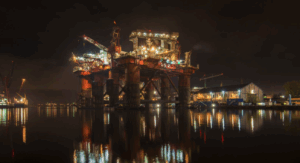
Oil Rig Parts Maker Nearly Completely Abandons Operations Due To ‘cult of carbon’
The UK is getting left behind as the decimation of our industry continues under the banner of net zero. When we realise we don’t need any of this and claim our true abundant destiny?
Our Products
-
Accessories
Chemtrail Awareness Sticker 2
£3.33 – £3.83 This product has multiple variants. The options may be chosen on the product page -
The Advanced Guide To The Climate Con Sigfned
The Advanced Guide To The Climate Con (Signed Hardcopy)
£32.99 -
Accessories
I Love CO2 Sticker
£3.33 – £3.83 This product has multiple variants. The options may be chosen on the product page -
Accessories
The Climate Has Always Changed Sticker
£3.33 – £3.83 This product has multiple variants. The options may be chosen on the product page
Track The Cost Of Net Zero
Stay ahead of the transition with real-time cost monitoring and optimization tools.
Access Cost Trackers →

